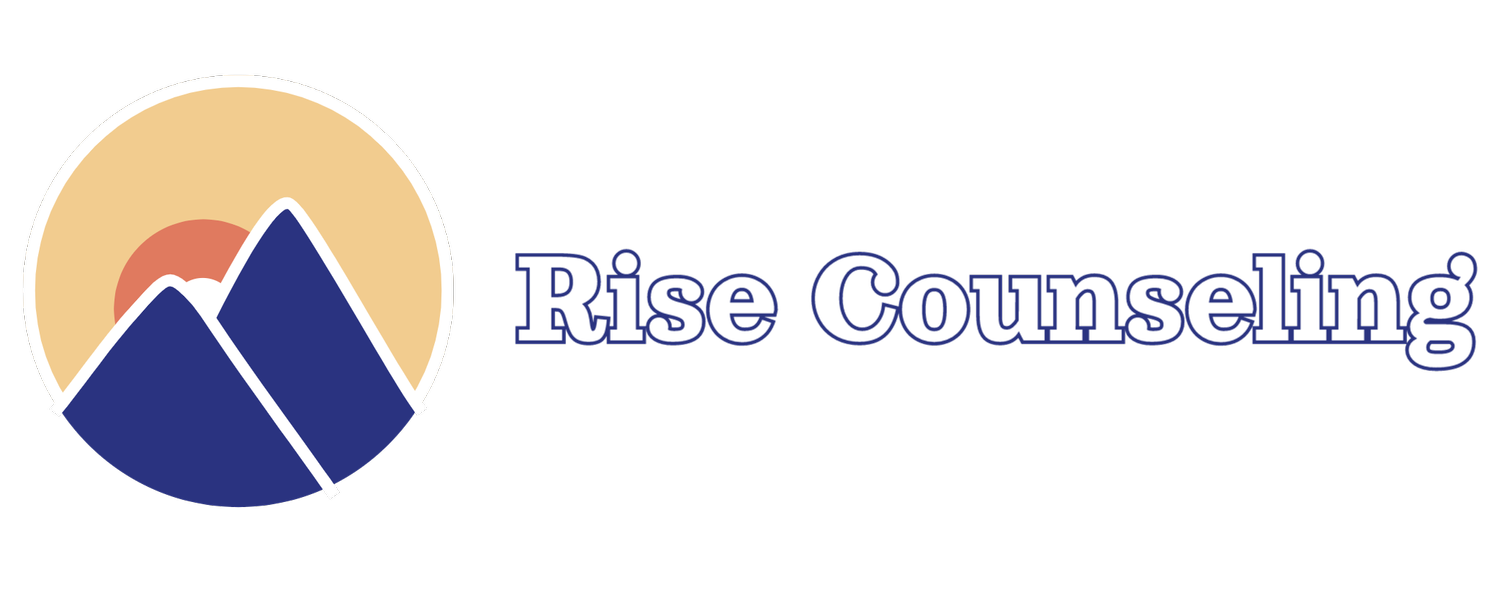Healing Together: The Power of Community in Trauma Recovery
In the aftermath of trauma, the journey to healing can often feel like a lonely path. However, within the heart of community lies a profound source of solace, strength, and support. Research shows that individuals who feel connected to supportive communities experience improved mental health outcomes and greater resilience in the face of adversity. Below are some ideas for finding community in the midst of trauma recovery.
1. Volunteering: A Path of Purposeful Connection
Engaging in volunteer work offers a meaningful avenue for connecting with others who share a common passion for making a difference. Whether it's serving meals at a local shelter, participating in community clean-up efforts, or volunteering with organizations dedicated to trauma support, the act of giving back not only fosters a sense of purpose but also creates bonds of empathy and understanding with fellow volunteers.
2. Joining a Gym: Fostering Physical and Emotional Wellness
Exercise has long been hailed as a powerful antidote to stress, anxiety, and depression—common companions on the journey of trauma recovery. By joining a gym or participating in group fitness classes, individuals not only nurture their physical well-being but also cultivate a supportive community of like-minded individuals. The camaraderie found in sweating side by side can provide a sense of belonging and encouragement that the gym.
3. Talking to Close Friends: Sharing the Burden of Healing
Opening up to close friends about one's experiences of trauma can be a daunting yet profoundly healing act. Trusted confidants offer a safe space for sharing vulnerabilities, offering empathy, and providing unwavering support. Through authentic dialogue and mutual understanding, friendships become anchors of strength and resilience throughout the process of trauma recovery.
4. Seeking Therapy: Professional Support on the Healing Journey
While the support of friends and community is invaluable, there are times when professional guidance is essential on the path to healing. Therapy provides a confidential space for exploring the complexities of trauma, processing difficult emotions, and learning coping strategies to navigate the challenges ahead. A skilled therapist serves as a compassionate guide, offering insights, tools, and unwavering support as individuals chart their course toward healing and wholeness.
5.Online Communities: Bridges Across Distance
In an increasingly digital world, online communities play a vital role in connecting individuals with shared experiences of trauma. From social media groups to specialized forums and virtual support networks, these online spaces provide a platform for individuals to seek guidance, share resources, and find solidarity with others on similar journeys of healing.
6. Local Illinois Resources
Illinois offers a variety of community-based support services, including:
Illinois Mental Health Collaborative: A statewide network of mental health organizations and resources dedicated to promoting access to quality care and support services.
Chicago Therapy Collective: A community-based organization offering affordable therapy services and support groups for individuals navigating trauma and other mental health challenges.
NAMI Illinois (National Alliance on Mental Illness): A grassroots organization providing education, advocacy, and support for individuals and families affected by mental health conditions, including trauma-related disorders.
Local Community Centers and Nonprofits: From neighborhood community centers to faith-based organizations and nonprofit agencies, Illinois is home to a diverse array of community resources offering support groups, counseling services, and educational programs tailored to trauma recovery.
In the journey of trauma recovery, community serves as the thread that binds us together. Whether through volunteering, gym memberships, heartfelt conversations with friends, or professional therapy, a supportive community offers solace, strength, and hope to those navigating the healing journey. As we walk this path, may we find comfort in the knowledge that we are never alone on the path to healing— because together, we are stronger, braver, and infinitely more resilient.
